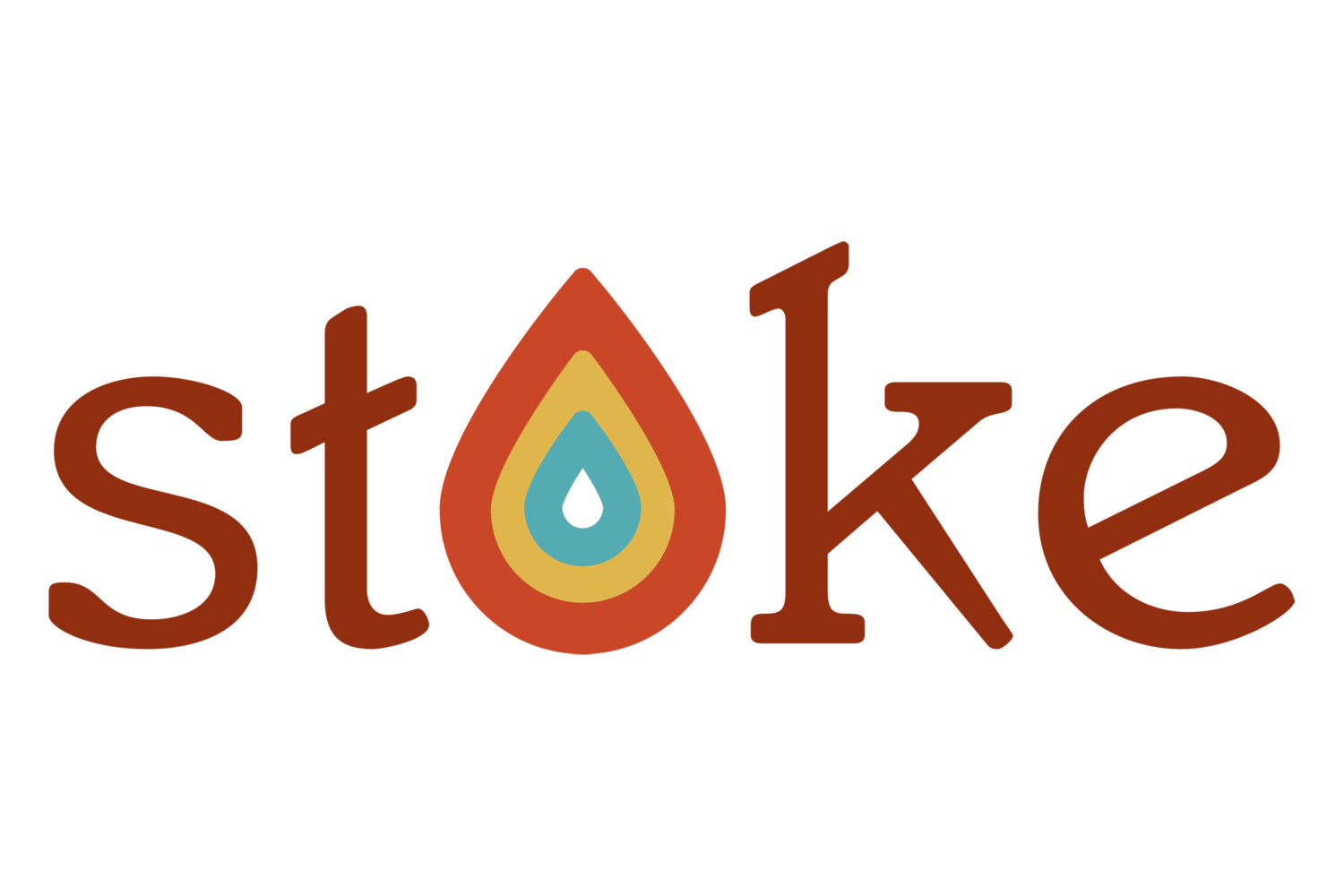We’re elaborating on the tips that we published in 5 Tips For Starting a Small Business in Denton (linked), excerpt below:
Write a business plan. You can keep it simple and add to it overtime, but you need to have one and you should plan to revisit it regularly. Business plans are a valuable way to identify what you know and understand about your business model, and what holes and gaps exist that you still need to figure out.
Why Do You Need a Business Plan?
Entrepreneurs who write a business plan are more likely to succeed; studies even show that the prime time for entrepreneurs to write a business plan is half a year to a year after they’ve decided to start a business, and increases the probability of success by 8%. (Read the linked study above for how Harvard Business Review calculated this percentage.)
A business plan serves as a roadmap for you and the direction of your business, as a guide for partners/co-owners/co-founders, and a plan that shows stakeholders and investors that you’re prepared and have thought about your vision and what it will take now and in the future to succeed. Depending on the type of business plan that you should write for your business (lean startup versus traditional), it could take you as little as an hour or as long as a few months.
Common Components of a Business Plan
The list of business plan components below is typical of a traditional business plan. You can download a business plan writing guide published by Quickbooks here (linked) and get started if you like their style.
Executive summary
Description of your company/business
Market research and potential
Competitive analysis
Product or service
Marketing and sales strategy
Business financials
Organization and management
Funding request
Appendix of official documents
Whatever combination of components you end up using, your business plan should develop with the following tips to help shape it.
Your Business Plan Should Be Adaptable
As an entrepreneur, you’ll need to be responsive to opportunities and able to change depending on your market and listening to and monitoring your audience.
Similarly, your business plan should allow room for the unpredictable and backups for different situations and variables. What if the reception of your product or service is more welcomed by a demographic you hadn’t expected, or projections are/are not met? Think of your business plan as a living document that progresses with you as you go. You’ll need to revisit it and edit it often.
2. Write Your Business Plan While You’re Picking Up Speed
When you’re talking to potential customers or clients, iterating your product or service, and brainstorming promotions and marketing for your business, that’s the ideal time to start writing your business plan. You have preliminary, important information for the bulk of your business plan and can start filling it in, increasing the chance of your startup’s viability by 27%. It’s good to start as soon as you know you’re endeavoring to become a business owner, and if you don’t, that’s fine. You should be writing as you go, using research and experience.
3. The Devil’s In the Details
Spend time elaborating upon
Opportunity/gaps filled/needs met
Who your customers are/will be
How your business operates
How you’ll make money/profit
Thinking about the span of 3-5 years in the future. Arguably, these are the most important pieces of a business plan in either format, lean or traditional.
4. Treat Your Business Plan As A Set of Plans
These aspects of your business plan should also include high-level goals and the related, specific tasks to accomplish them: sales, marketing, financials, operations, product/service development, and so on.
5. Choose The Business Plan Format That Works For You
Avoid wasting time filling out a traditional business plan template if what you really need is the lean startup version.
“Most business plans fall into one of two common categories: traditional or lean startup.
Traditional business plans are more common, use a standard structure, and encourage you to go into detail in each section. They tend to require more work upfront and can be dozens of pages long.
Lean startup business plans are less common but still use a standard structure. They focus on summarizing only the most important points of the key elements of your plan. They can take as little as one hour to make and are typically only one page.
Resources for Writing Your Business Plan
The Small Business Administration offers a Business Plan Tool as well as a self-paced, free course on How To Write a Business Plan.
TWU’s Center for Women Entrepreneurs provides business advising, training, networking opportunities, and funding opportunities. Each year, they grant 10 business owners funds through an application process to grow their business.
Templates
Lean Stack’s Lean Canvas which was adapted from Strategyzer’s business model canvas.
Quickbooks’ Instructional Guide for Writing a Traditional Business Plan
SCORE mentoring’s business plan template
You can do this, and we’re here to help. You can check out the Stoke Events page for entrepreneur, startup, and business-related educational and networking events in Denton, as well as follow us on social media.




